Urgent
Joint statement from an Arab and Islamic state rejecting the remarks of the US ambassador to Israel
 DCT Abu Dhabi lists 40+ new sites under Modern Heritage Register
DCT Abu Dhabi lists 40+ new sites under Modern Heritage Register
 TRENDS panel discusses Türkiye–MENA relations
TRENDS panel discusses Türkiye–MENA relations
 UAE leaders congratulate President of Serbia on National Day
UAE leaders congratulate President of Serbia on National Day
 Cyber Security Council calls for choosing secure electronic donation methods
Cyber Security Council calls for choosing secure electronic donation methods
 Invest Bank announces over 120 scholarships to support early childhood education
Invest Bank announces over 120 scholarships to support early childhood education
 Book market lights up Sharjah Heritage Days
Book market lights up Sharjah Heritage Days
 UAE and Egyptian Presidents review bilateral ties and regional developments
UAE and Egyptian Presidents review bilateral ties and regional developments

 DCT Abu Dhabi lists 40+ new sites under Modern Heritage Register
DCT Abu Dhabi lists 40+ new sites under Modern Heritage Register
 TRENDS panel discusses Türkiye–MENA relations
TRENDS panel discusses Türkiye–MENA relations
 UAE leaders congratulate President of Serbia on National Day
UAE leaders congratulate President of Serbia on National Day
 Cyber Security Council calls for choosing secure electronic donation methods
Cyber Security Council calls for choosing secure electronic donation methods
 Invest Bank announces over 120 scholarships to support early childhood education
Invest Bank announces over 120 scholarships to support early childhood education
 Book market lights up Sharjah Heritage Days
Book market lights up Sharjah Heritage Days
 UAE and Egyptian Presidents review bilateral ties and regional developments
UAE and Egyptian Presidents review bilateral ties and regional developments



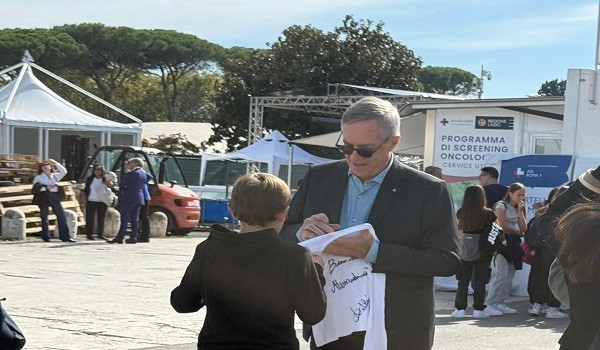


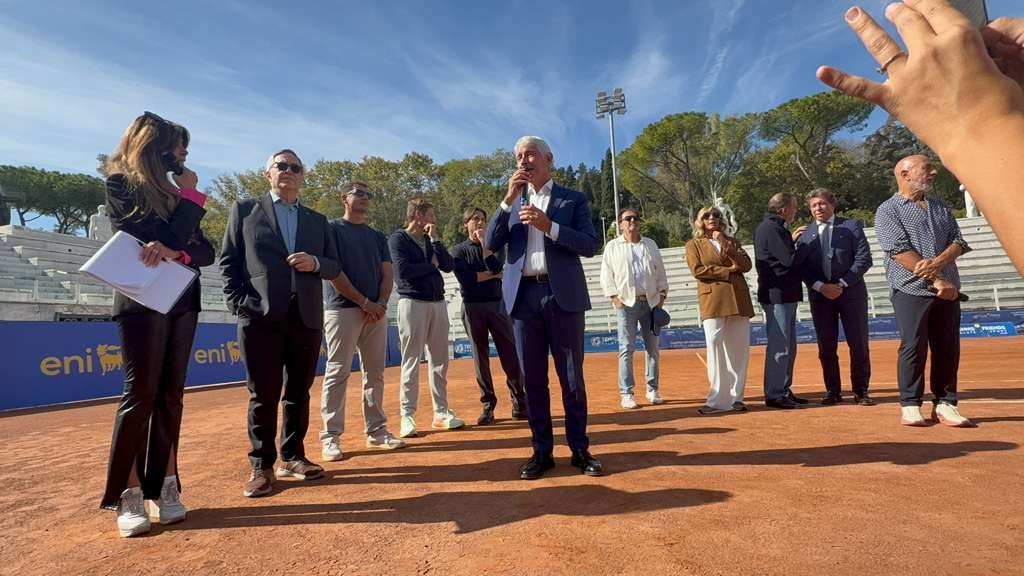


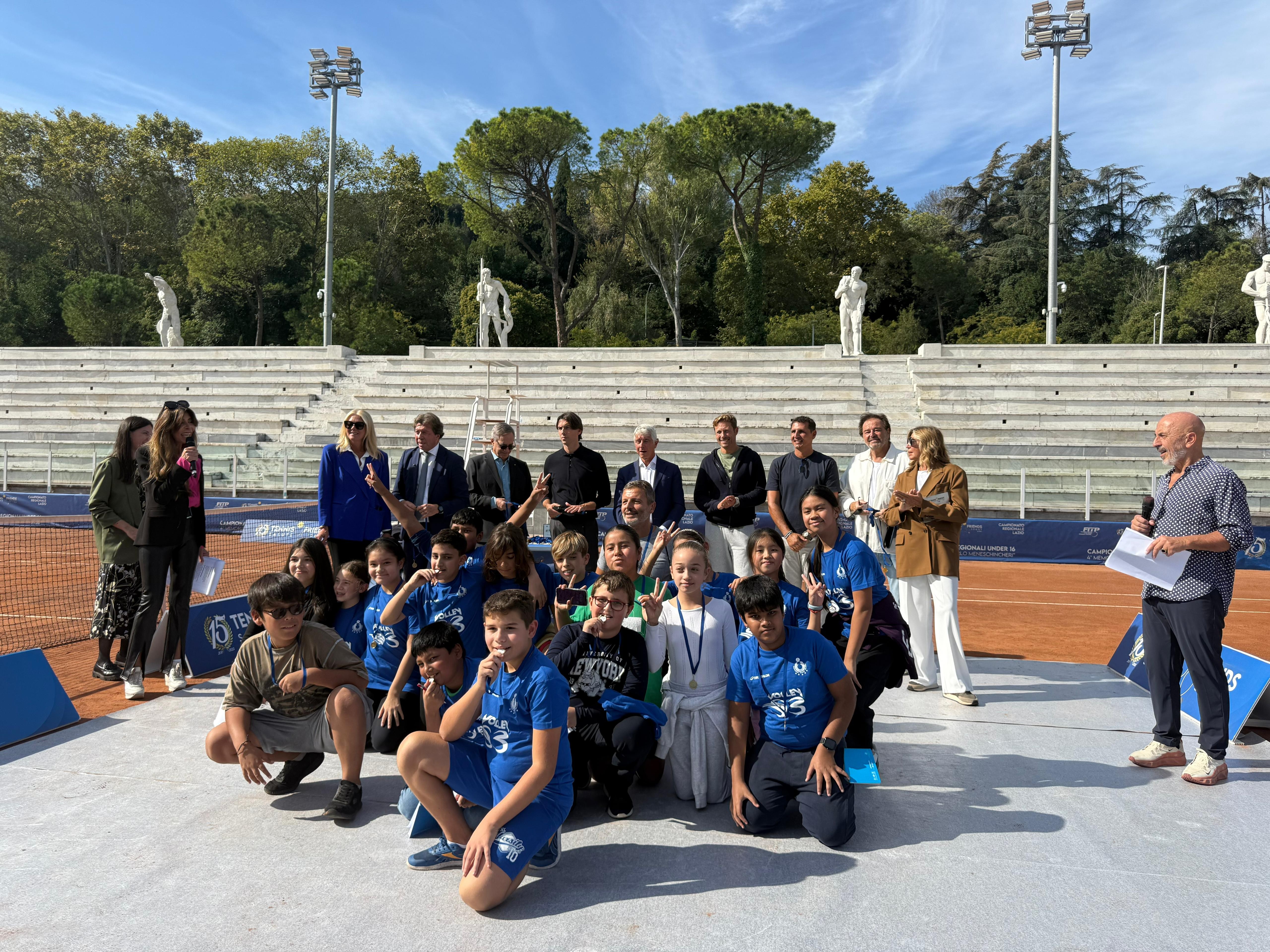
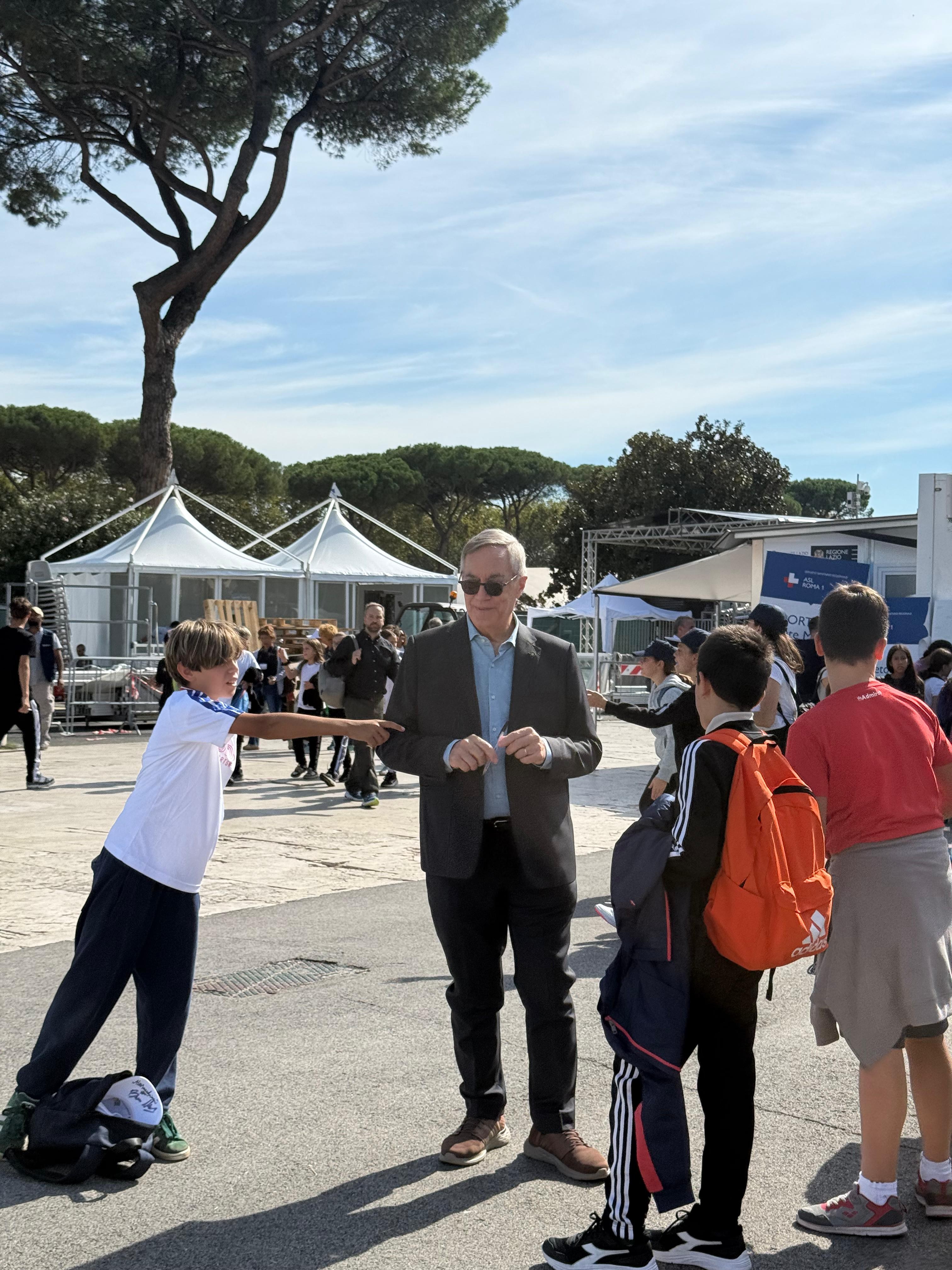
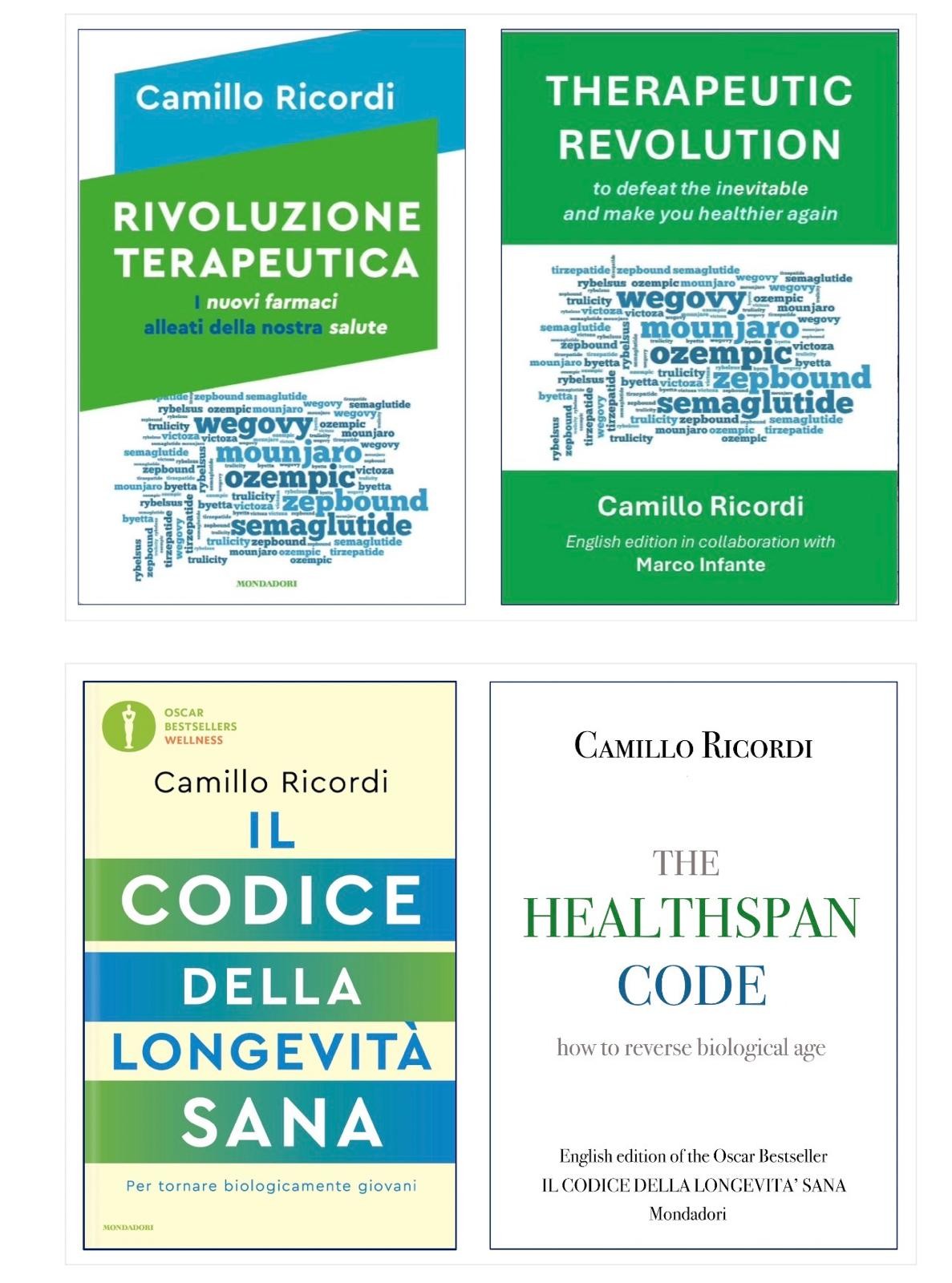
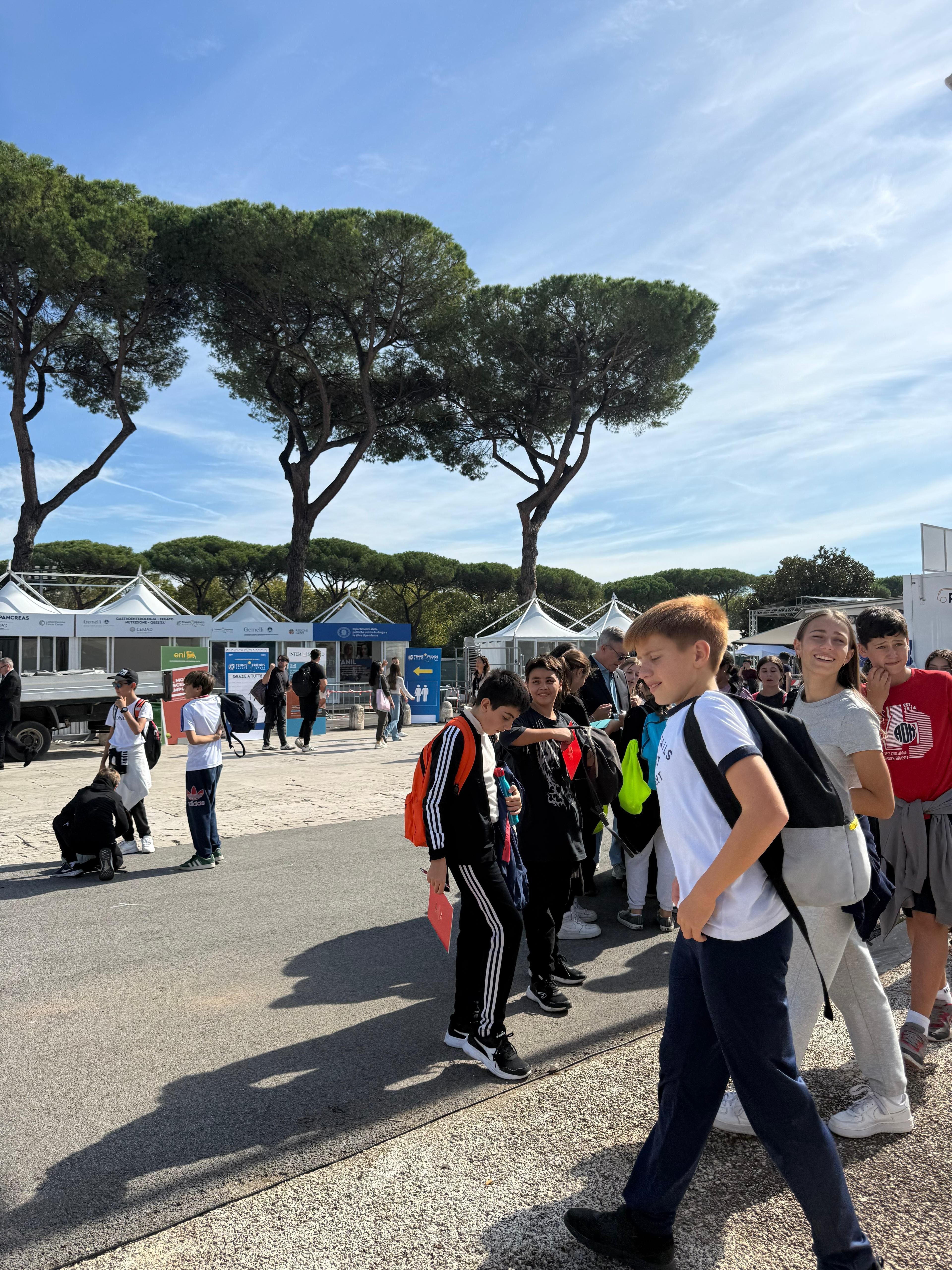
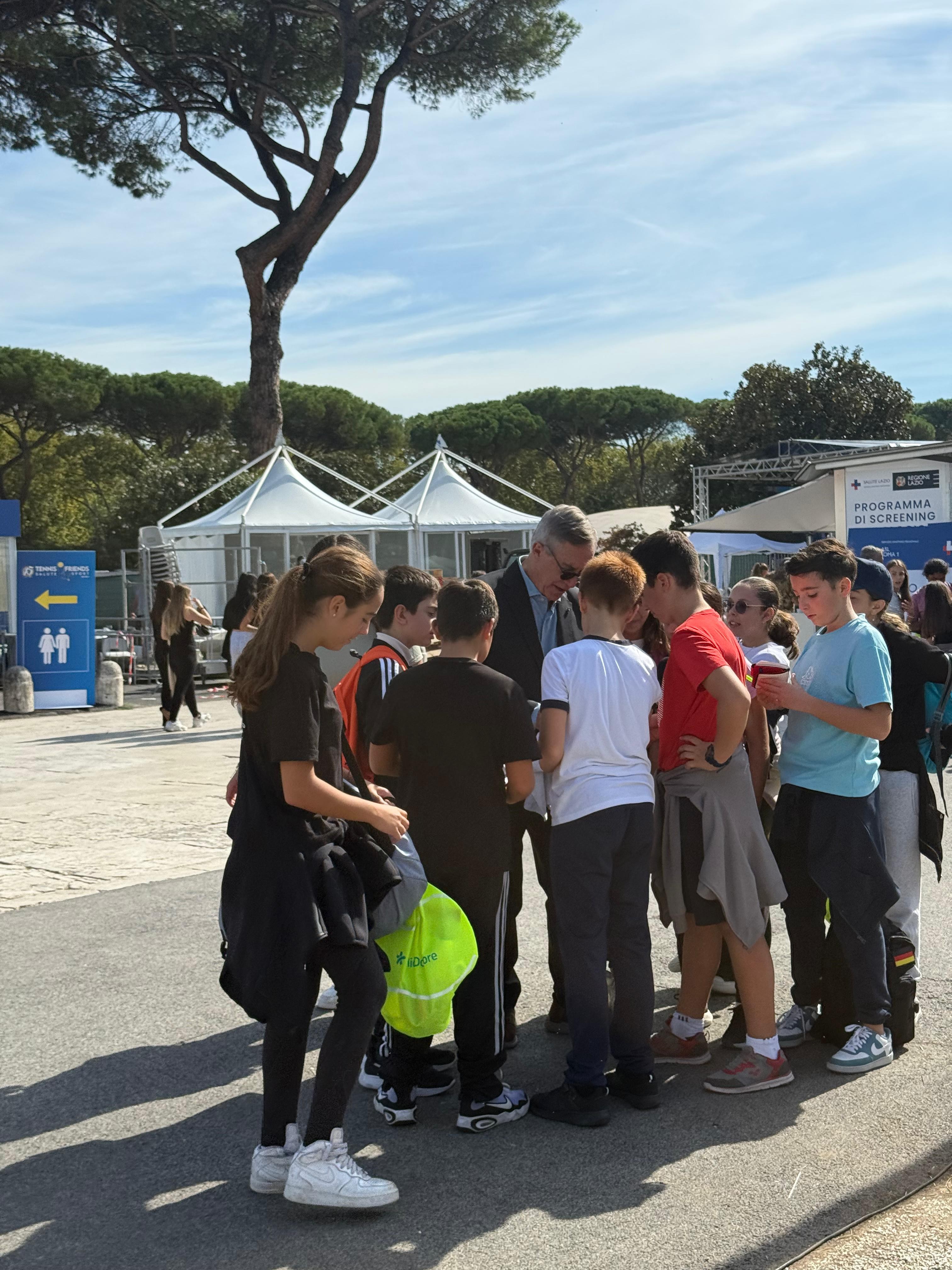
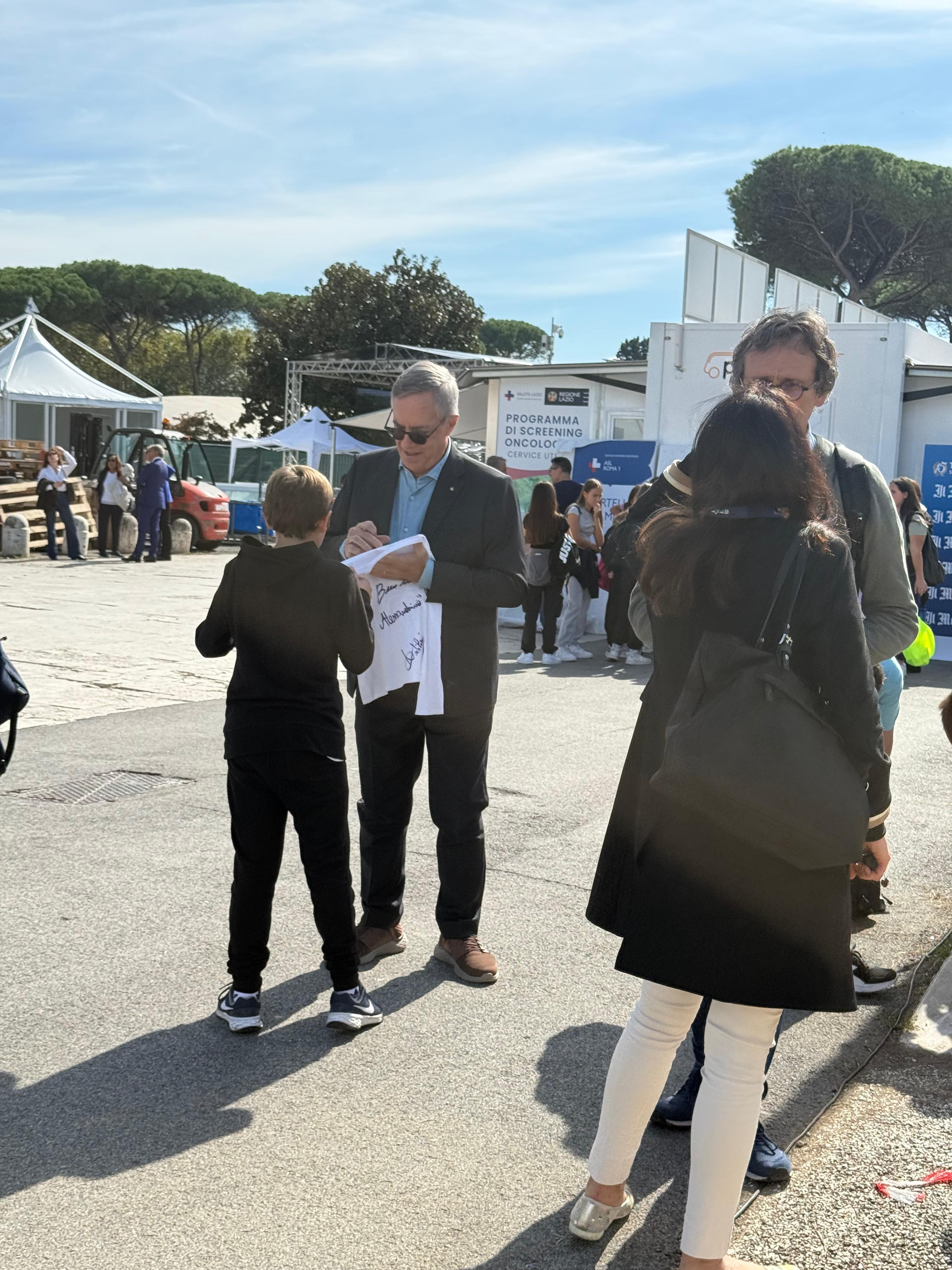
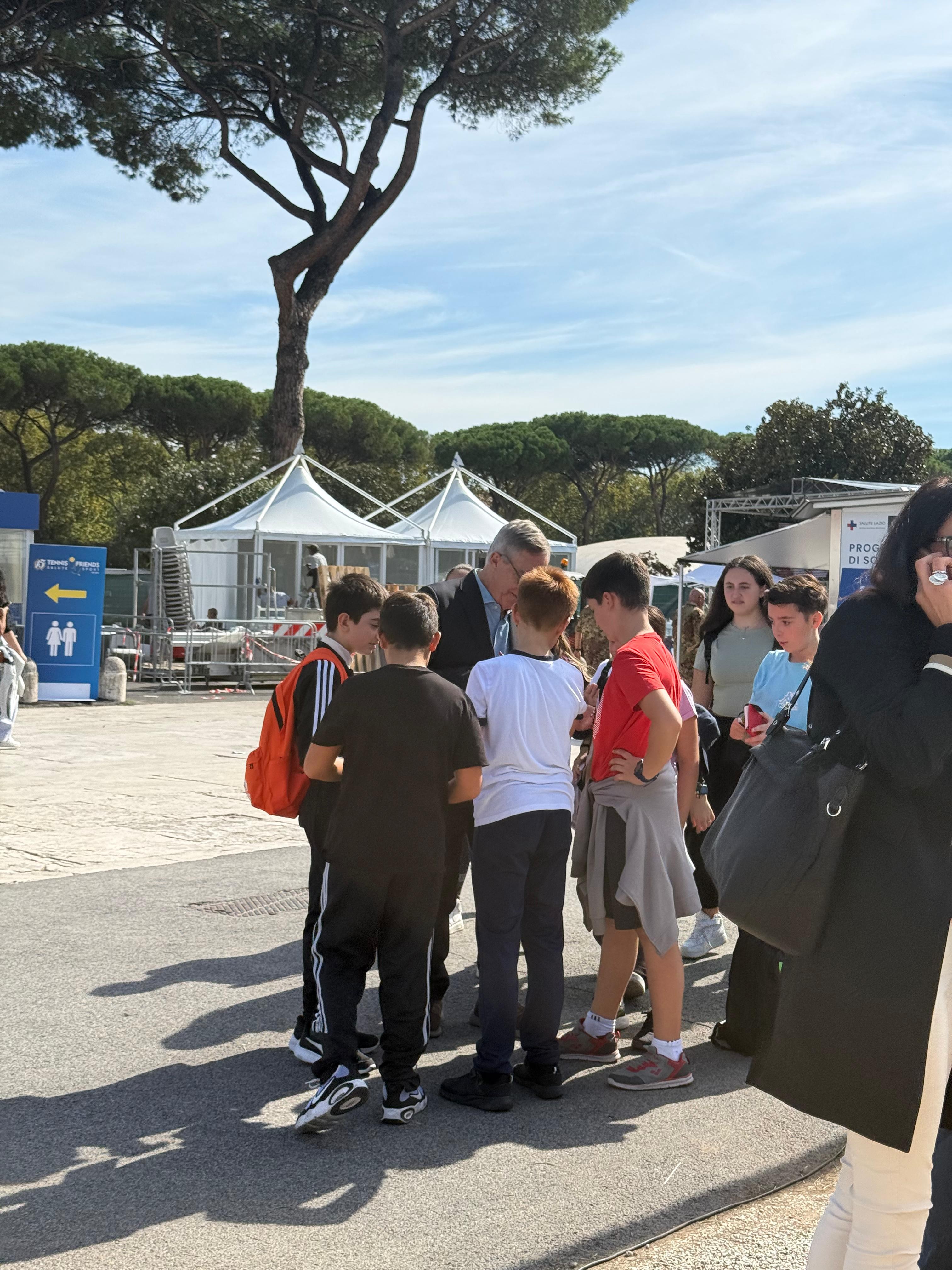
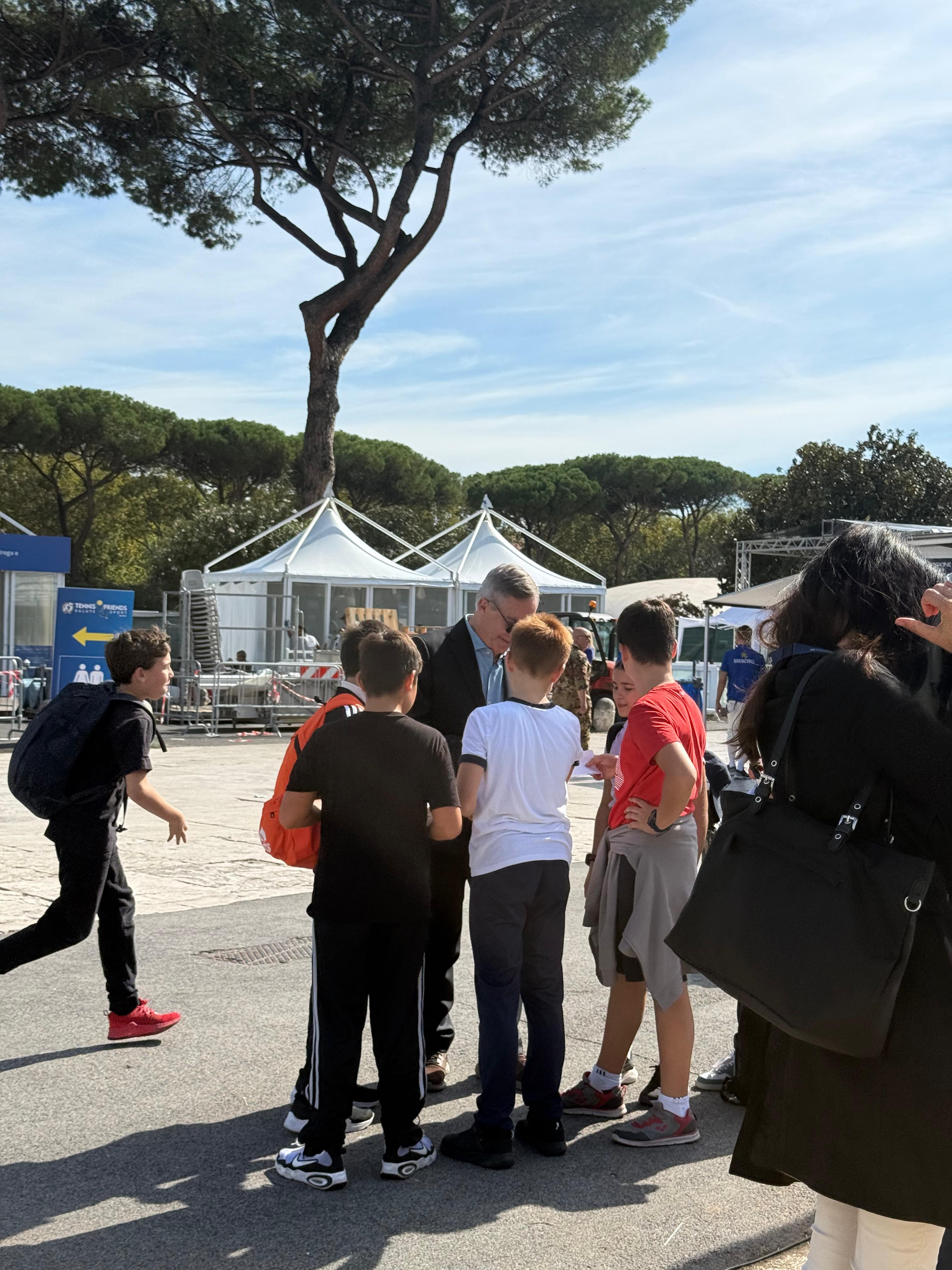
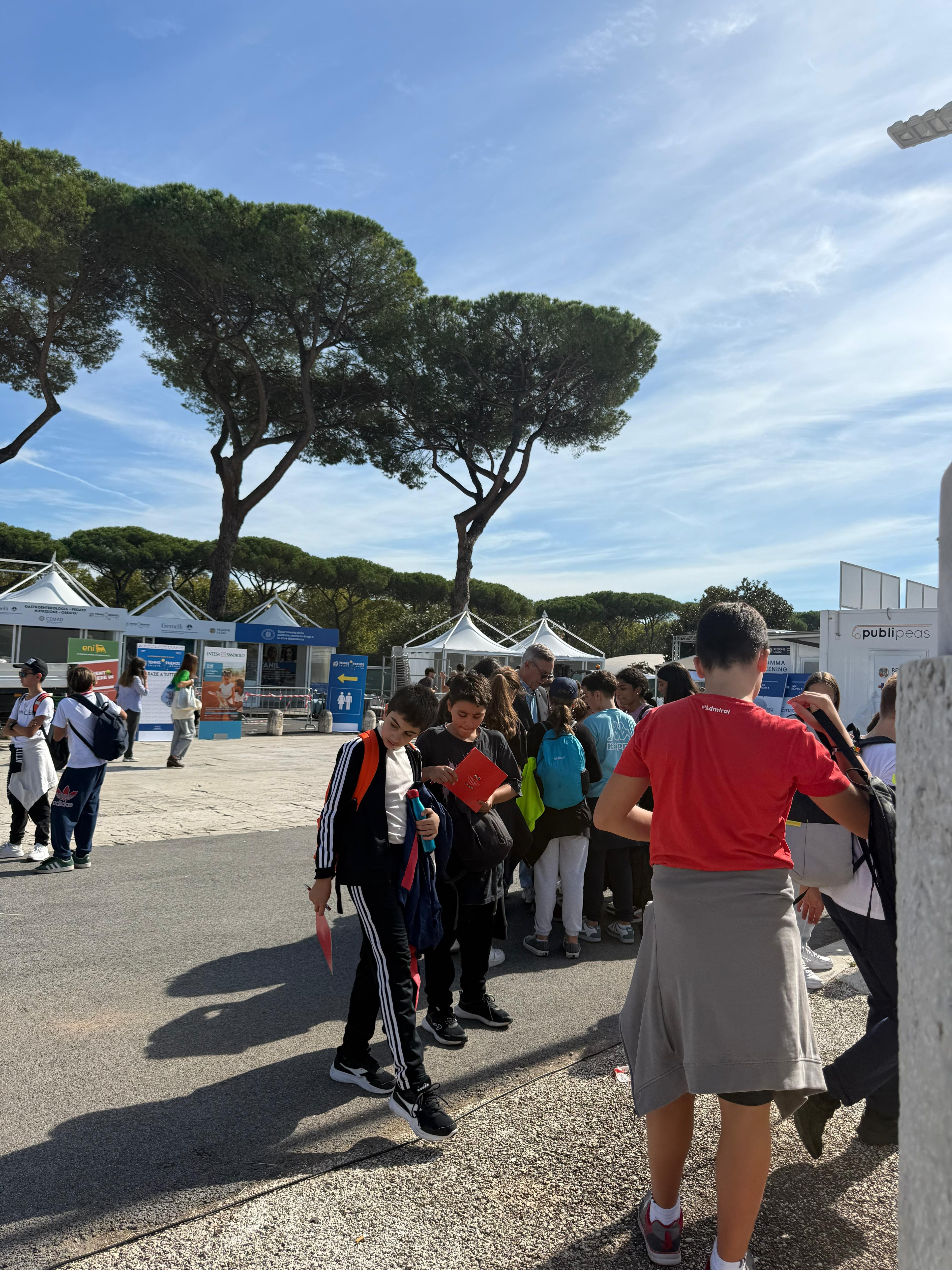






Comments